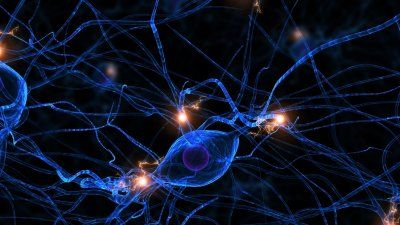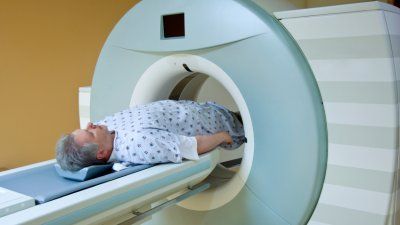University of California San Francisco
Give to UCSF-
-
Doctors Urge More Hospitals to Perform Abortions
-
Quit Smoking Program Helps Psychiatric Patients, Too
-
In San Francisco, Seniors Are Singing for Science
-
Experts Team Up Against Epilepsy
-
Sugar Compound Could Enhance Prostate Imaging
-
How Hospitals Can Be More Green
-
Are e-Cigarettes Bad for Your Health?
-
How Hospitals Can Help Patients Quit Smoking Before Surgery
-
How FTD Hides
-
Global Health Sciences Honors Latest Graduating Class and Retiring Director

-
Study Ties Poor Oral Health to Cancer-Causing Virus
-
Kaiser Study Yields Big Progress for Hypertension
-
Psychiatric Patients Who Quit Smoking Less Likely to be Rehospitalized
Patients who participated in a smoking-cessation program during hospitalization for mental illness were able to quit smoking and were less likely to be hospitalized again for their psychiatric conditions.

-
UCSF Commuters Urged to Make Contingency Plans for Bay Bridge Closure
UCSF employees who commute from the East Bay are asked to prepare alternative transportation plans for the six-day closure of the San Francisco-Oakland Bay Bridge beginning next week.

-
Don't Be Scared If Your Surgeon Is Wearing Google Glass In The Operating Room
-
Proposal Aims to Change Map for Liver Distribution
-
UCSF Treating High School Athletes, Head Trauma
-
Concussion Worries Continue for Bay Area Athletes
-
Anti-Wrinkle Cream Might Be the Key to Treating Parkinson’s Disease
-
U.S. Transplant Network Redrawing Map to Cut Down on Patient Relocation
-
Troubled Doctors Medical Center in UCSF Affiliation Talks
-
UNOS May Change Liver Transplant Maps to Allow Fairer Access
-
Quitting Helps Patients
-
Reinventing Life Science Startups: Evidence-Based Entrepreneurship
-
Study: 29 Percent of High School Girls Indoor Tan Despite Risks
-
County, UCSF Explore Partnership with Doctors Medical Center
-
Effects of Parkinson’s Disease Mutation Reversed in Cells
UCSF scientists working in the lab used a chemical found in an anti-wrinkle cream to prevent the death of nerve cells damaged by mutations that cause an inherited form of Parkinson’s disease.

-
How Income Inequality Affects Individual Behavior
-
Sugar Helps Scientists Find and Assess Prostate Tumors
A natural form of sugar could offer a noninvasive way to precisely image tumors and determine whether cancer medication is effective using new technology developed at UCSF in collaboration with GE Healthcare.
